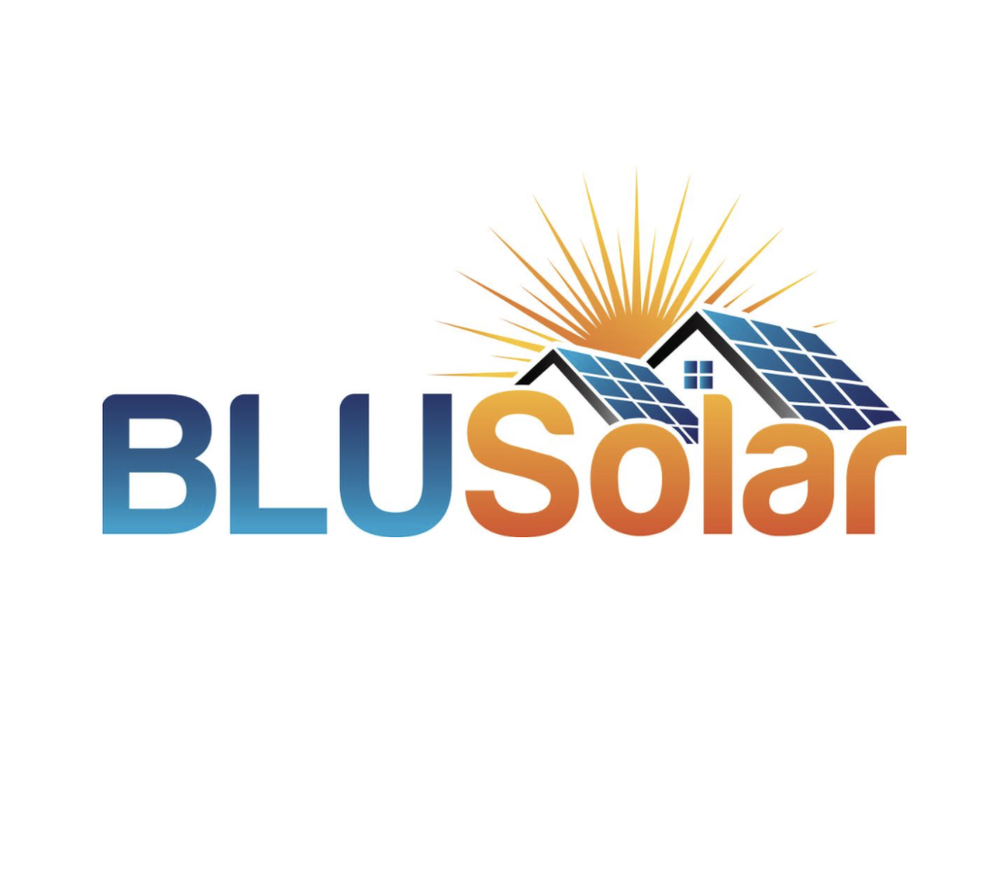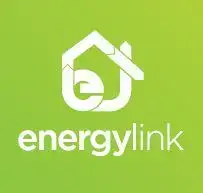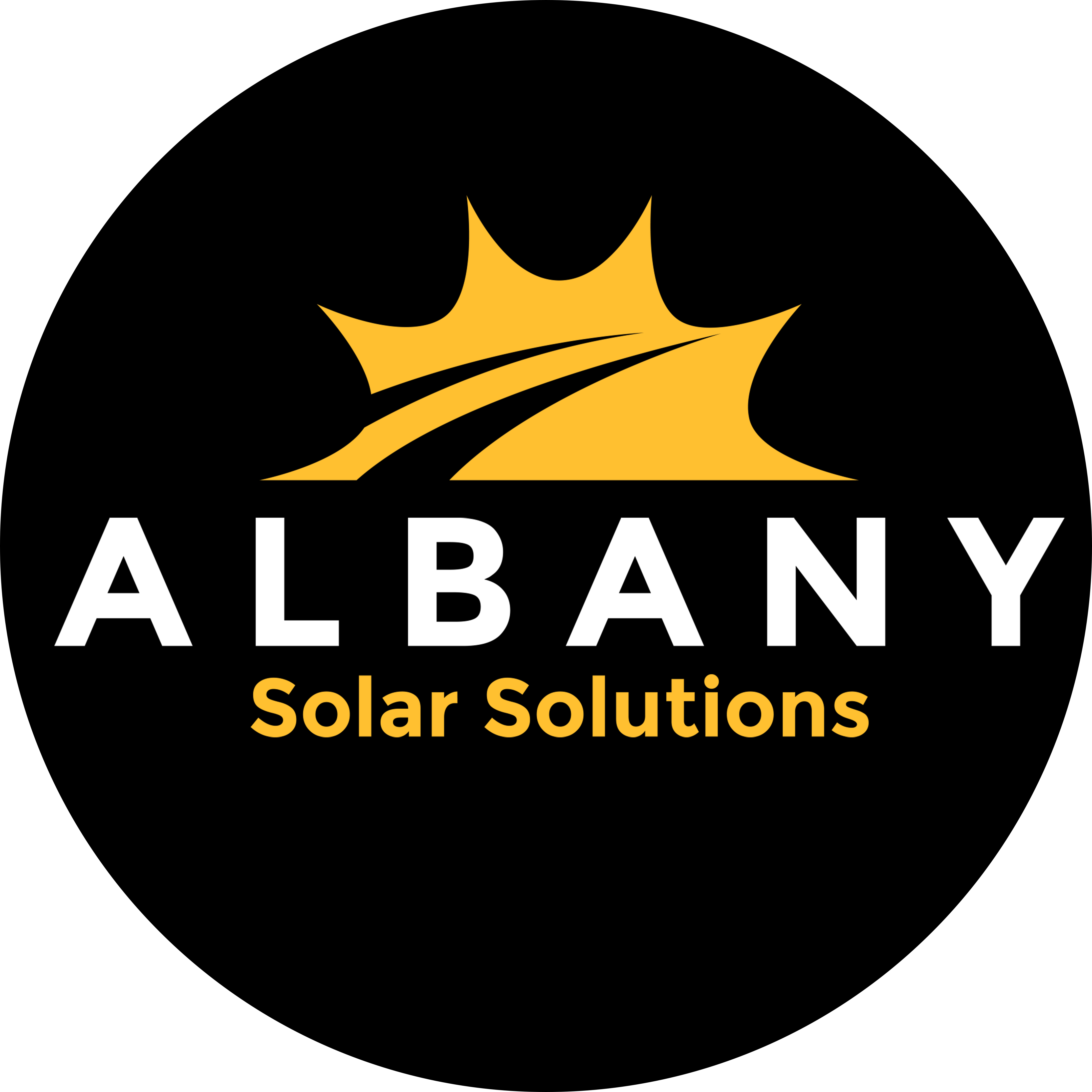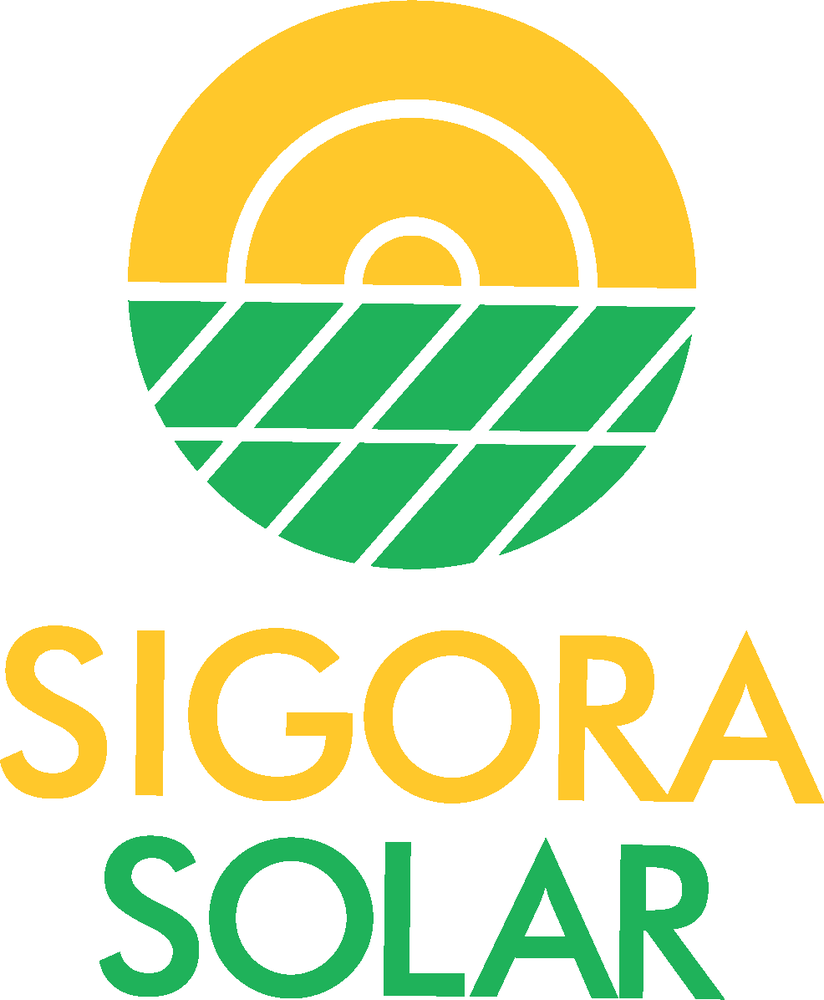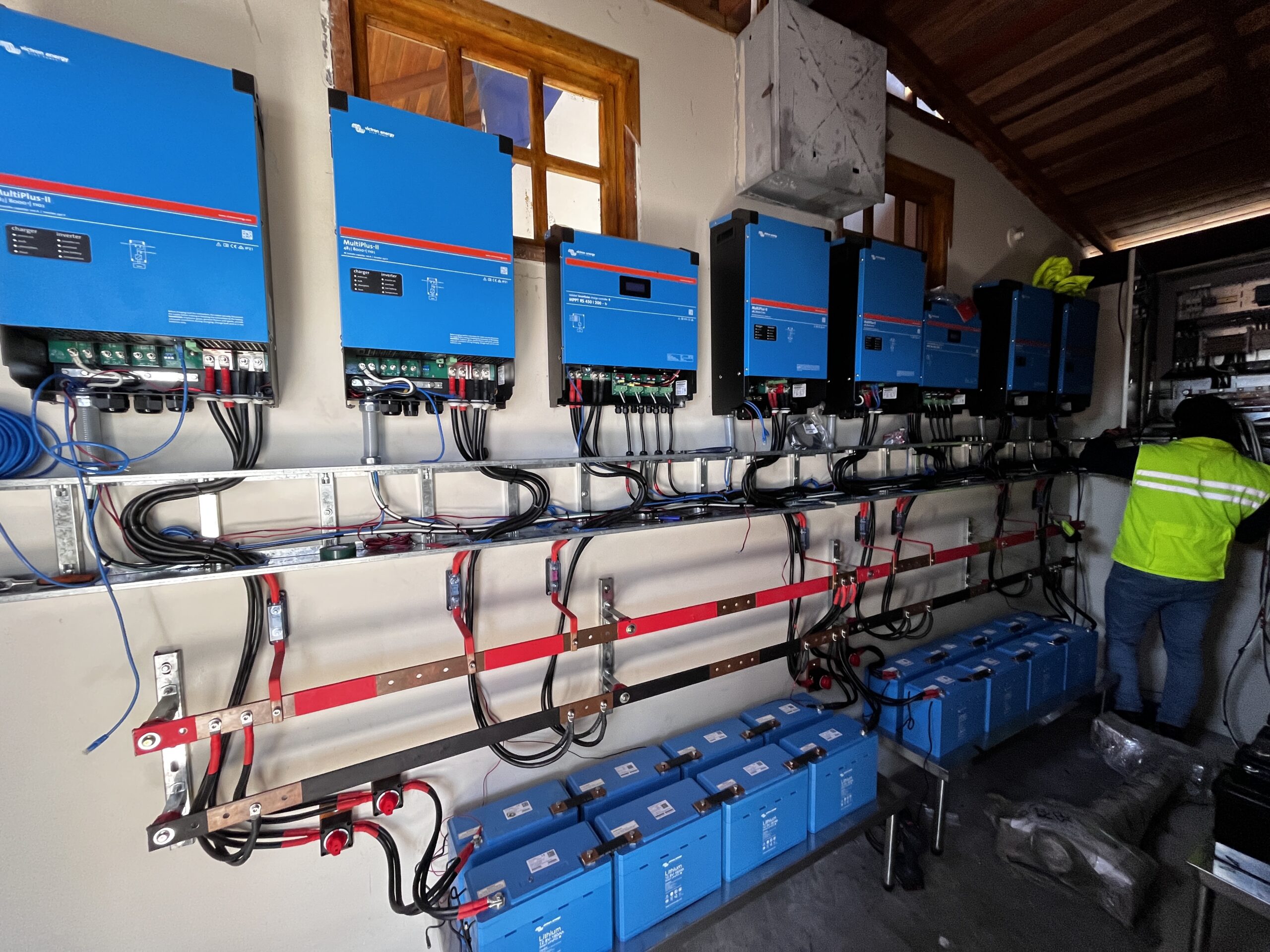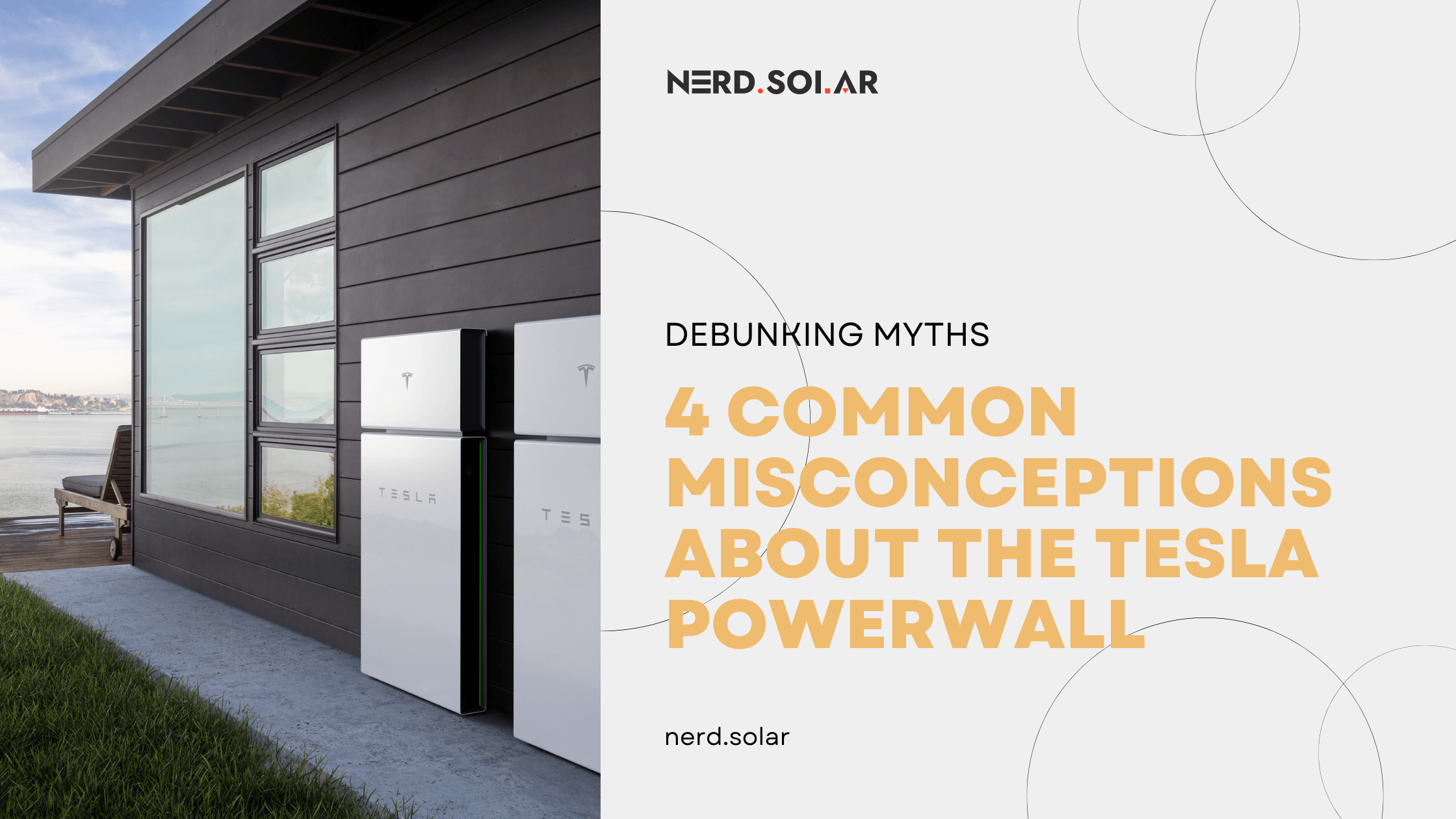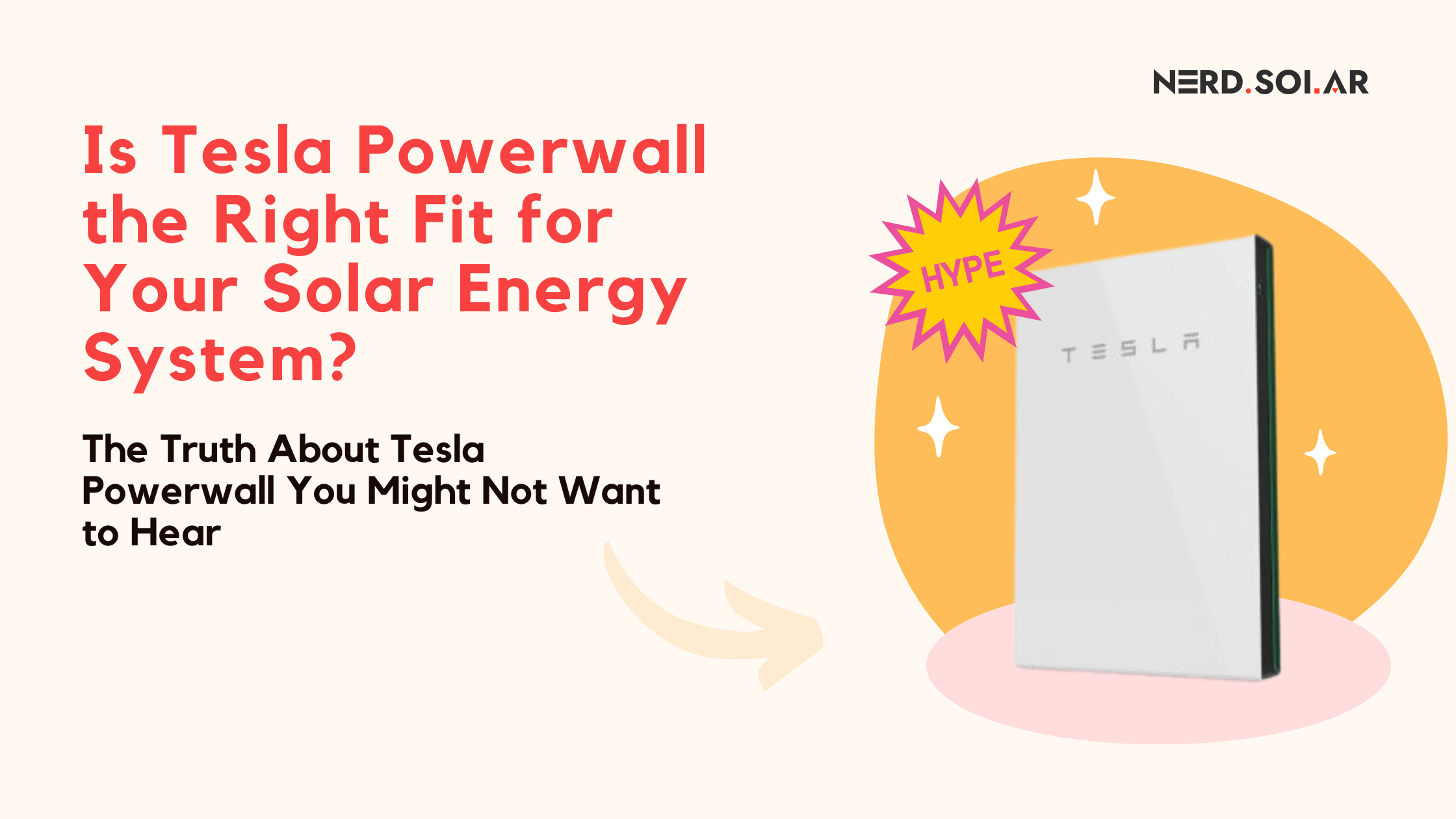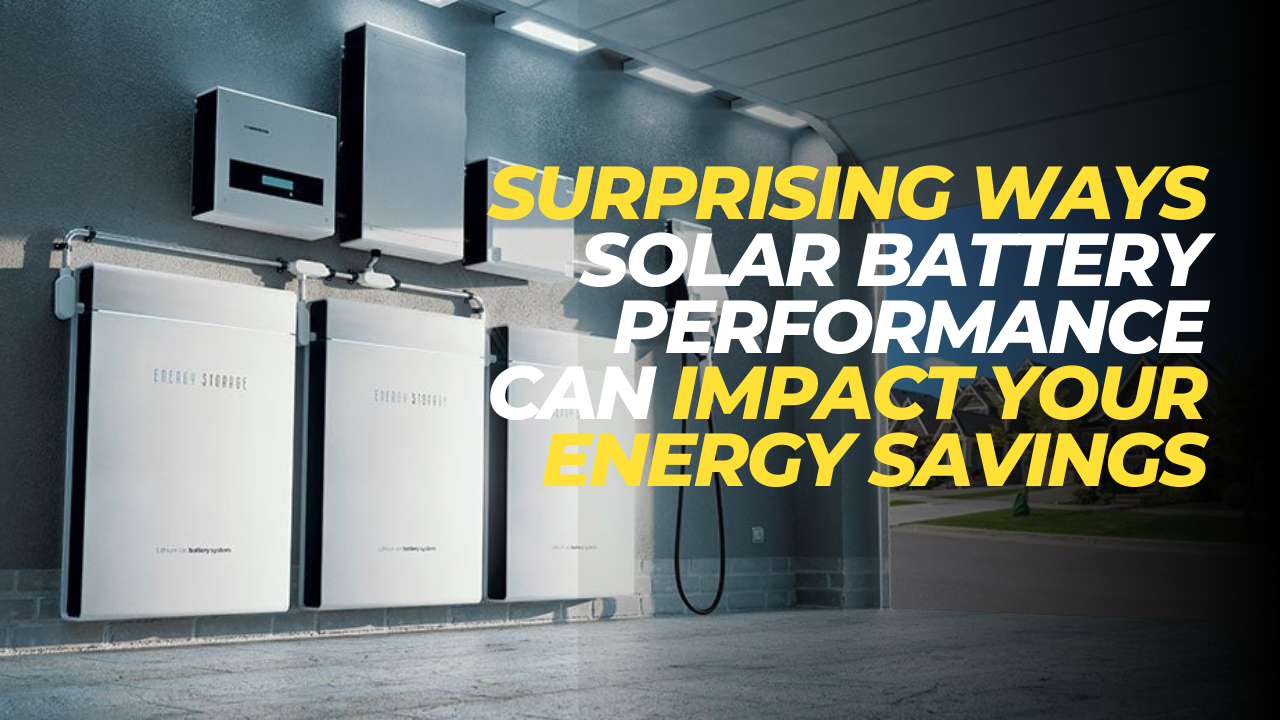How Do We Rate Solar Companies?
TL;DR: We rate solar installers from 1 to 5 stars to help you pick the best one. High stars mean they’re really good at what they do and treat their customers right. Low stars? Not so much. We give credit to companies that have been around for a while, know what they are doing, have a high standard of workmanship and equipment, don’t hire subcontractors to keep the bar of solar installation quality high and have good local reviews from real customers (yes, we check if the reviews are actually real or fake). Companies we choose as top-rated know and can help with federal and local solar incentives to help you save, have good financing plans, and guarantee their work. We’re here to point you to the solar companies that truly rock, making going solar easy and worthwhile for you.
Check our detailed review process here.
Is It Worth Going Solar in Georgia?
Yes, it is generally worth it to go solar in Georgia. Here are some reasons why:
- Cost Savings: Solar panels can save you 80-90% on your energy bills. If you pay for your system with cash, you’ll save about $27,325 over 20 years on electricity costs with a 5 kW system in Georgia.
- Payback Period: The average payback period in Georgia is around 10 years.
- Incentives: The federal government incentivizes homeowners to go solar with their tax credits. Georgia also allows net metering, enabling homeowners to sell their unused electricity back to the grid.
- Environmental Impact: Solar panels are a clean, renewable energy source that helps to reduce greenhouse gas emissions.
However, the actual benefits can vary based on factors like the size of the solar system, the amount of sunlight your home receives, and local electricity rates. It’s always a good idea to get a personalized quote from a solar installer to understand the potential savings for your specific situation.
How much does solar save homeowners in Georgia?
Solar panels can indeed save homeowners money in Georgia. Here’s a summary of the information I found:
- Savings: The average family can save about 20% a month on their power bill, which equates to about $10,000-$15,000 over the term of the lease. Depending on your electricity rate and how much sun your house gets, you could save more than $100 per month with solar panels in Georgia.
- Cost: Georgia’s average cost of a solar panel installation ranges from $13,132 to $17,768.
- Payback Period: The average solar payback period in Georgia is 12.04 years.
- Comparison with Traditional Electric Bills: The average starting monthly utility bill is $135. With solar panels, this could be reduced by 50%.
- Incentives: Federal tax credits can reduce the cost of solar panels for low to moderate-income homeowners1. Georgia also allows net metering, enabling homeowners to sell their unused electricity back to the grid.
*The exact savings can vary depending on the size of the solar system, the amount of sunlight your location receives, the efficiency of your solar panels, and the rate your utility company charges for electricity. It’s always a good idea to consult with a local solar installer to get the most accurate estimate for your specific situation.
What is the average cost of going solar in Georgia?
The average cost of installing a solar panel system in Georgia varies based on the size of the system and other factors.
Here are some details:
- The average cost of a solar panel system in Georgia is $2.88 per watt. For a typical 5 kW installation, this comes out to about $14,376 before incentives. However, prices can range from $12,220 to $16,532.
- After applying the federal tax credit, the average price drops by 30%.
- The state average cost to install solar panels is $16,020 to $19,740, with most residents paying $17,880 for a 6 kW system.
*These are average figures and the actual cost can vary based on factors like the size of the solar system, the type of solar panels used, and the specific location of your home in Georgia. It’s always a good idea to get a personalized quote from a solar installer to understand the potential cost for your specific situation.
Georgia Solar Incentives
Here’s an overview of the solar incentives available in Georgia:
- Federal Solar Investment Tax Credit: This is a federal tax credit that applies to solar installations across the U.S., including Georgia. If you install your photovoltaic system before the end of 2032, the federal tax credit is 30% of the cost of your solar panel system. This is 30% off the entire cost of the system including equipment, labor, and permitting1. The federal tax credit falls to 26% starting in 2033.
- Net Energy Metering: Georgia allows net metering, which requires your utility to monitor how much energy your solar power system produces and how much energy you actually consume, and make sure you get credit for the surplus. A decision filed by the Georgia Public Service Commission (PSC) in Georgia Power’s 2019 rate case requires Georgia Power to offer net metering with monthly netting to 5,000 rooftop solar customers or 32 MW of capacity, whichever comes first.
- Solar Easement Laws: Georgia has solar easement laws that protect your access to sunshine, limiting any constructions that could cast permanent shadows on existing solar arrays.
- Local Rebates: Unfortunately, Georgia does not offer any state-level incentives for solar energy. However, the Georgia Environmental Finance Authority (GEFA) does provide rebates to cities, counties, and K-12 public schools.
*These incentives make solar energy a more affordable and attractive option for homeowners in Georgia. However, it’s important to note that most incentive programs are only authorized for a certain period of time or until funding runs out.
Net Metering Policies in GA
Net metering policies in Georgia are a bit different compared to other states. Here’s an overview:
- Solar Buy Back Program: Georgia Power customers are eligible to participate in the utility’s Solar Buy Back program, a program similar to net metering. Participating customers who are connected to the grid and generate electricity from home solar systems can sell their excess electricity back to Georgia Power in exchange for bill credits.
- Compensation Rates: Unlike many utilities, Georgia Power does not offer credits worth the full retail rate of electricity for excess solar power sent back to the grid1. Instead, the utility compensates customers at the “avoided energy” rate, which is equivalent to the amount that the utility would otherwise pay to buy the power on the open market1.
- Interconnection Fee: The Georgia Public Service Commission (PSC) voted to impose a $100 interconnection fee for new solar customers.
- Net Metering Cap: Georgia Power’s controversial cap of 5,000 net metering customers will remain. A net metering policy was spelled out in Georgia Power’s 2019 rate case, enabling Georgia Public Service Commission to offer net metering with monthly netting to 5,000 rooftop solar customers or 32 MW of capacity, whichever comes first2.
- State Level: At the state level in Georgia, there is currently no law requiring a net metering policy to be adopted by utilities.
*These policies can significantly impact the cost-effectiveness of going solar in Georgia. It’s always a good idea to consult with a solar installer to understand the potential impact of these policies on your specific situation.
Are There Any Community Solar Programs in Georgia?
- Georgia Power’s Community Solar Program: This program allows customers to enjoy similar benefits as those who own their own solar panels. Customers can subscribe to a portion of local solar farms and receive energy credits on their monthly bill based on the solar farm’s production. This program is ideal for customers who are interested in solar but either do not want or are unable to host their own solar panel installation.
- Income-Qualified Community Solar Program: This program is designed for income-qualified customers. Corporate sponsors subsidize a portion of the monthly subscription cost, allowing these customers to enjoy similar benefits as those who own their own solar panels. Qualified customers pay a reduced rate of just $6 per month and receive energy credits on their electric bill.
- Other EMCs in Georgia: Other Electric Membership Corporations (EMCs) in the state also offer community solar options. These programs usually involve purchasing a block of solar panels through the electricity provider and receiving credits on the bill which equates to the production of the solar block.
